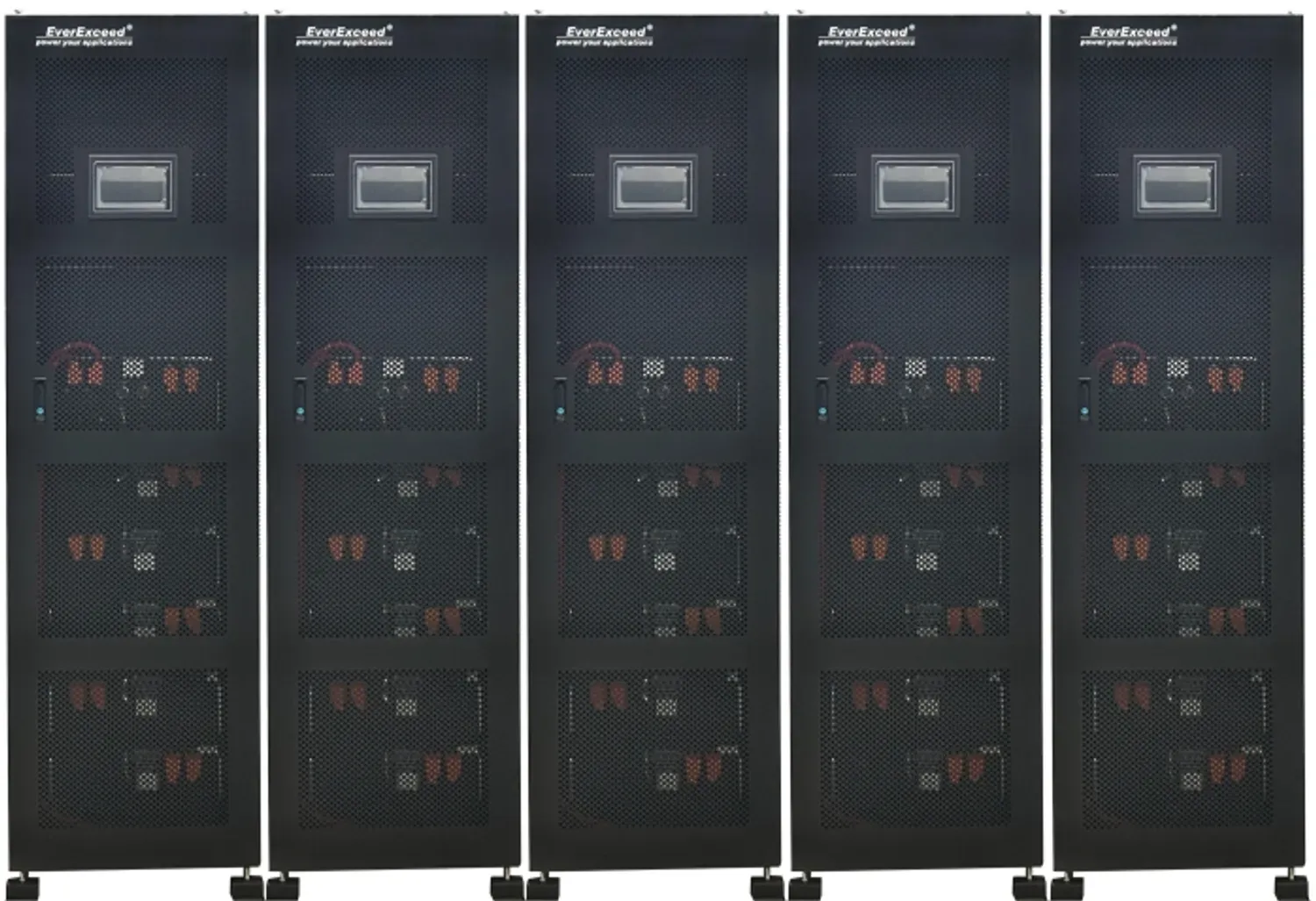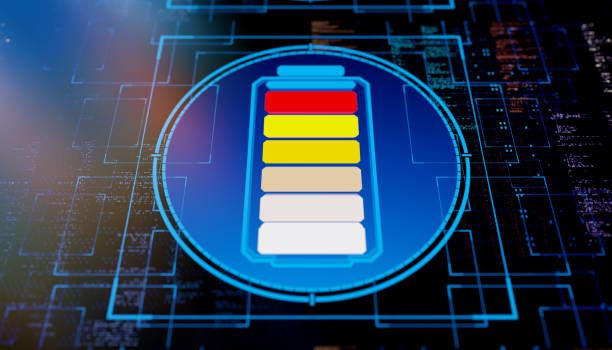
Get a Quote
How do I Choose a UPS Battery Capacity?
In today's tech-driven world, uninterrupted power is crucial for businesses and individuals alike. One of the most critical components of ensuring this uninterrupted power is the Uninterruptible Power Supply (UPS) system. However, understanding how to choose a UPS battery capacity can be a complex task. This guide aims to demystify the process, providing you with clear steps to select the right UPS battery capacity for your needs.
Understanding UPS Systems
What is a UPS?
A UPS, or Uninterruptible Power Supply, is a device that provides backup power when your main power source fails. It ensures that computers, servers, and other critical equipment continue to operate during power outages. This uninterrupted power prevents data loss, hardware damage, and downtime.
Why is UPS Battery Capacity Important?
The UPS battery capacity determines how long your devices can run during a power outage. Choosing the right battery capacity is crucial because it directly impacts your system's uptime. If your battery capacity is too low, your devices might shut down before the power is restored. Conversely, an oversized battery could mean unnecessary expenses.
Factors to Consider When Choosing a UPS Battery Capacity
Determine Your Power Requirements
The first step in choosing a UPS battery capacity is to determine your power requirements. This involves calculating the total wattage of all the devices you need to protect. Make a list of all your equipment and their power ratings, usually indicated in watts (W) or volt-amperes (VA). Add up these values to get your total power requirement.
Example:
- Computer: 300W
- Monitor: 50W
- Router: 20W
- Total: 370W
Calculate the Battery Runtime
Once you know your total power requirements, the next step is to calculate the desired battery runtime. Battery runtime is the amount of time you want your devices to stay operational during a power outage. This can vary depending on your needs. For critical systems, you might need a longer runtime, while for non-critical devices, a shorter runtime may suffice.
How to Calculate Battery Runtime:
The formula to calculate the required battery capacity (in watt-hours) is:
Battery Capacity (Wh) = Power Requirement (W) × Desired Runtime (hours)
Choose the Right Type of Battery
UPS systems use different types of batteries, each with its own advantages and disadvantages. The most common types are Lead-Acid batteries and Lithium-Ion batteries.
Lead-Acid Batteries
Lead-Acid batteries are the most commonly used in UPS systems due to their reliability and cost-effectiveness. However, they are heavier and have a shorter lifespan compared to Lithium-Ion batteries.
Lithium-Ion Batteries
Lithium-Ion UPS batteries are lighter, have a longer lifespan, and require less maintenance. They are more expensive upfront but can be cost-effective in the long run due to their durability and efficiency.
Read more about How to Choose Battery for UPS?
Consider the Efficiency of the UPS System
The efficiency of the UPS system itself can affect your battery capacity requirements. Higher efficiency means less power loss and a more accurate match between the UPS battery capacity and your actual power needs. Look for UPS systems with a high efficiency rating to maximize your battery's performance.
Plan for Future Expansion
When choosing a UPS battery capacity, it's important to consider future expansion. Your power requirements may increase over time as you add more devices or upgrade existing ones. Select a UPS system with scalable battery options to accommodate future growth without needing a complete replacement.
Practical Steps to Choose a UPS Battery Capacity
Step 1: List All Devices and Their Power Ratings
Create a comprehensive list of all devices you need to protect with the UPS system. Note their power ratings in watts or volt-amperes.
Step 2: Calculate Total Power Requirement
Add up the power ratings of all the devices to get your total power requirement.
Step 3: Determine Desired Battery Runtime
Decide how long you need your devices to run during a power outage. This will depend on your specific needs and the nature of your operations.
Step 4: Calculate Required Battery Capacity
Use the formula mentioned earlier to calculate the required battery capacity in watt-hours.
Step 5: Choose the Battery Type
Select the type of battery that best suits your needs, considering factors like cost, lifespan, weight, and maintenance.
Step 6: Consider UPS Efficiency
Choose a UPS system with a high efficiency rating to ensure optimal performance and accurate power backup.
Step 7: Plan for Future Expansion
Ensure the UPS system you choose can accommodate future growth in your power requirements.
Common Mistakes to Avoid When Choosing a UPS Battery Capacity
Underestimating Power Requirements
One of the most common mistakes is underestimating your power requirements. Always ensure you accurately calculate the total wattage of all devices to avoid insufficient battery capacity.
Ignoring Battery Maintenance
Different batteries require different levels of maintenance. Ignoring maintenance can lead to reduced battery lifespan and performance. Make sure you understand the maintenance needs of your chosen battery type.
Not Considering Future Needs
Failing to plan for future expansion can result in the need for frequent UPS upgrades. Choose a scalable UPS system that can grow with your needs.
Overlooking UPS Efficiency
Ignoring the efficiency of the UPS system can lead to power losses and mismatched battery capacity. Always consider the efficiency rating of the UPS system to ensure optimal performance.
Conclusion
Choosing the right UPS battery capacity is essential for ensuring uninterrupted power for your critical devices. By understanding your power requirements, calculating the desired battery runtime, and considering factors like battery type, UPS efficiency, and future expansion, you can make an informed decision that best suits your needs. Avoid common mistakes by thoroughly evaluating your needs and planning for the future. With the right UPS battery capacity, you can protect your equipment, prevent data loss, and ensure smooth operations even during power outages.
When it comes to reliable and high-performance UPS solutions, EverExceed stands out as a leading manufacturer of lithium-ion batteries and solar energy storage systems. With a strong commitment to innovation and quality, EverExceed offers a wide range of products designed to meet your specific power needs. Whether you require scalable battery solutions for future expansion or efficient lithium-ion batteries for long-term savings, EverExceed has the expertise and technology to provide unparalleled power protection. Trust EverExceed to deliver the reliability and performance your business demands.


